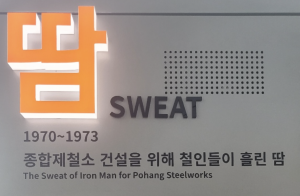Nwoya Environmental Injustice Record
Photo essay, Nwoya District, Uganda

Photo essay, Nwoya District, Uganda

Photo essay of wall text of POSCO Museum of Pohang

XXX

This article finds that the people living in the area of the Chernobyl disaster are still experiencing the aftermath of the situation. Due to the health and financial results of the disaster, they have become dependent on the infrastructures that can help them, such as the healthcare system. This prevents them from making independent decisions, or moving anywhere that would reduce their ability to recieve help.
Laura Garro is a professor of anthropology at UCLA, so this shows her extensive background in athropology, and indicates that she writes this article with that sort of background, rather than a medical one.
I followed up by looking at rape rates across the world, how rape is regarded in different countries, and when humanitarian aid started.
The article dicusses how the UN has caused major health issues but is not being held accountable by the court's decision, so that is a clear injustice for Haiti. Additionally, the only money that goes directly to Haitians to spend in the recovery has been spent on helping increase children's immunizations rates and increase HIV medical treatment, so they have shown some ability to help themselves when given the resources.
There clearly need to be some policy changes in the healthcare system. I think Obamacare is not the answer and is way too much policy and not enough sense, but we need something. People need affordable coverage for the issues that make sense for their gender and age bracket, they need to be given more help when they are trying to work, and there needs to be more incentive to become a doctor so that there are more PCPs out there nipping a lot of these issues in the bud. So the ER is for emergencies and is a less stressful, long-wait, ridiculous situation.
Image of tomatoes in open market